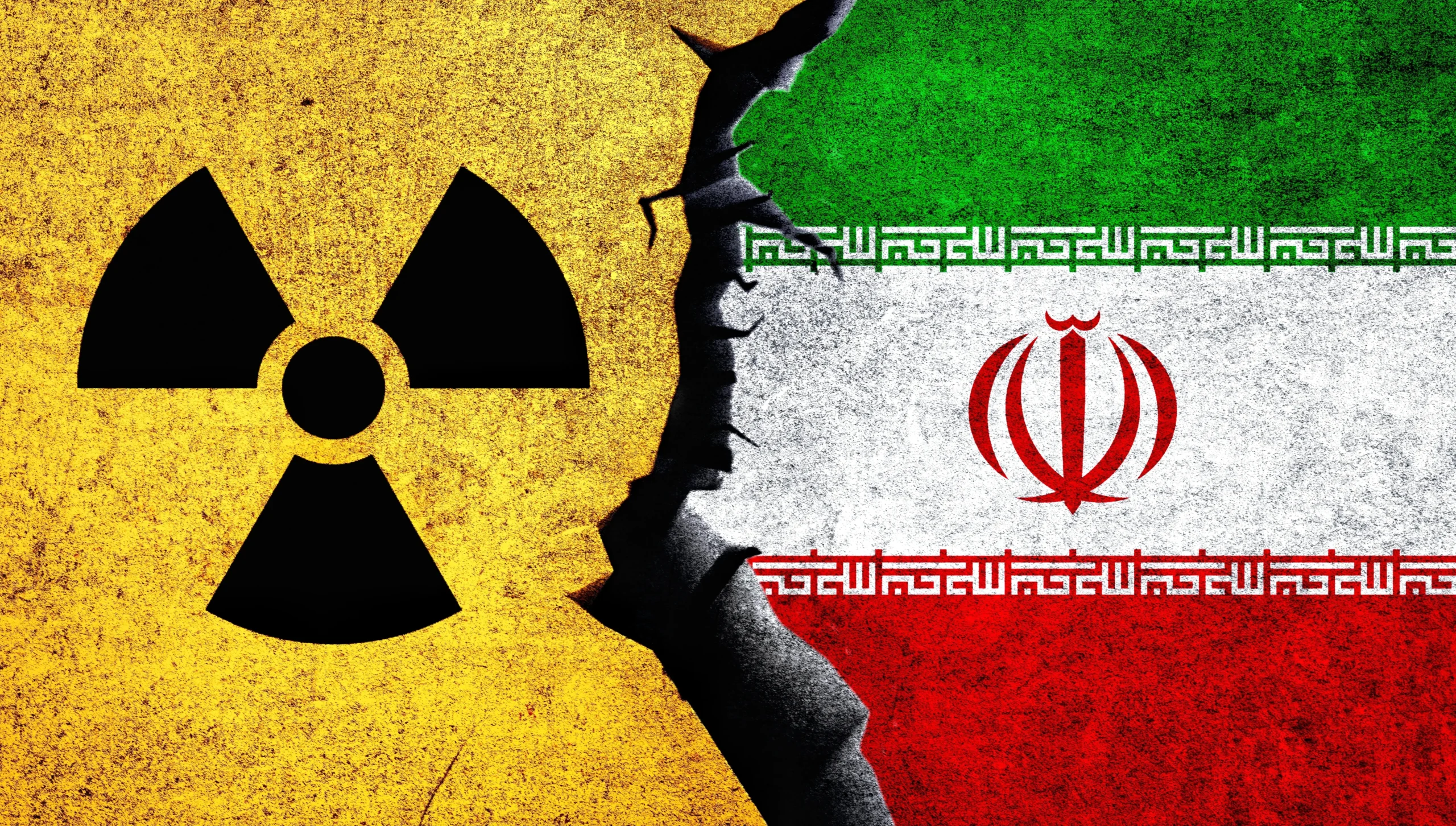14 Oct 2025
What Would Iran’s Withdrawal from the Nuclear Non-Proliferation Treaty Mean?
Iran’s nuclear file is witnessing a rapidly escalating trajectory, underscored by its potential decision to withdraw from the Nuclear Non-Proliferation Treaty (NPT). This move could redefine the very architecture of global nuclear governance. Should this course of action materialise, it would mark the first precedent of its kind since North Korea’s withdrawal from the same treaty in 2003, transforming what might initially appear as a mere negotiating stance into a profound strategic turning point with far-reaching implications for the policies of the Middle East and the wider international order.
These Iranian threats, which began escalating in June 2025, did not emerge in a vacuum; instead, they were a direct reaction to a series of successive strategic developments. The U.S.–Israeli military strikes targeting Iranian nuclear facilities in June 2025 significantly deepened the complexity of the situation, while the crisis further intensified when the European troika (E3) announced in September 2025 the activation of the “snapback mechanism,” thereby reimposing UN sanctions on Tehran. Taken together, these measures led Iran to conclude that the economic and political value of adhering to international treaties had effectively evaporated.
The gravity of the situation extends beyond political dimensions to encompass highly sensitive technical and legal aspects. Technically, Iran possesses between 400 and 450 kilograms of uranium enriched to roughly 60%; a stockpile that places it only weeks away from producing weapons-usable fissile material if enrichment were elevated to about 90%. Legally, Iran’s invocation of Article X of the NPT would trigger an immediate cessation of the International Atomic Energy Agency’s (IAEA) oversight and remove the Comprehensive Safeguards Agreement from the equation, paving the way for near-total diplomatic isolation. Consequently, the fallout from withdrawal would transcend the confines of Tehran’s nuclear programme and create a broad regional security dilemma.
